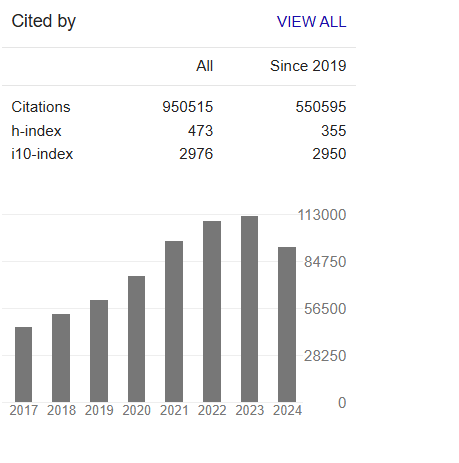Knowledge and Self-Reported Practice of Insulin Injection Device Disposal and Associated Factors among Diabetes Patients in Addis Ababa, Ethiopia: A Cross Sectional Study
Abstract
Aynalem Loha, Fekadu Aga, Amanuel Fanta
Background: Poor disposal practices of insulin injection device among diabetes patients lead to the accumulation of sharps within the household and can potentially result in personal injury and injuries to people in the household and general community.
Objective: This study was aimed to assess the knowledge and self-reported practice of insulin injection device disposal and associated factors among diabetes patients in Addis Ababa, Ethiopia.
Method: A hospital based cross-sectional study was employed among 182 diabetes patients on follow-up at Diabetic Clinic of Tikur Anbesa Specialized Hospital – the Ethiopia’s single largest referral hospital – in Addis Ababa. Descriptive data was summarized using frequencies and percentage. Binary logistic regression was used to analyze the relationships between variables. Data was analyzed using SPSS version 25.
Results: About 54% of the participants had inadequate knowledge towards safe insulin injection waste disposal. More than two-thirds (73% %) of respondents had poor self-reported practice of insulin device disposal. Participants in age group between 25 and 39 years (AOR = 8.012, 95%CI = 2.168, 29.600, p-value = 0.02) and those with type 1 diabetes (AOR = 2.14, 95%CI = 1.12, 4.00, p-value = 0.020) were more likely to have adequate knowledge of insulin injection device disposal. But, participants who were urban residents (AOR = 0.197, 95%CI = 0.053, 0.730, p-value = 0.015), received information from pharmacist or friends (AOR = 0.358, 95%CI = 0.129, 0.990, p-value = 0.036), and used insulin for 5 years or bellow (AOR = 0.332, 95%CI = 0.154, 0.710, p-value = 0.014) were less likely to have adequate knowledge. Participants with type 1 diabetes (AOR = 2.1, 95%CI = 1.054, 4.200, p-value = 0.035) and who had adequate knowledge (AOR= 2.5, 95%CI = 1.025, 6.300, p-value = 0.044) were more likely to have good self-reported practice of insulin injection device disposal.
Conclusion: This study revealed that diabetes patients in Addis Ababa had poor knowledge and self-reported practice of insulin injection device disposal.



